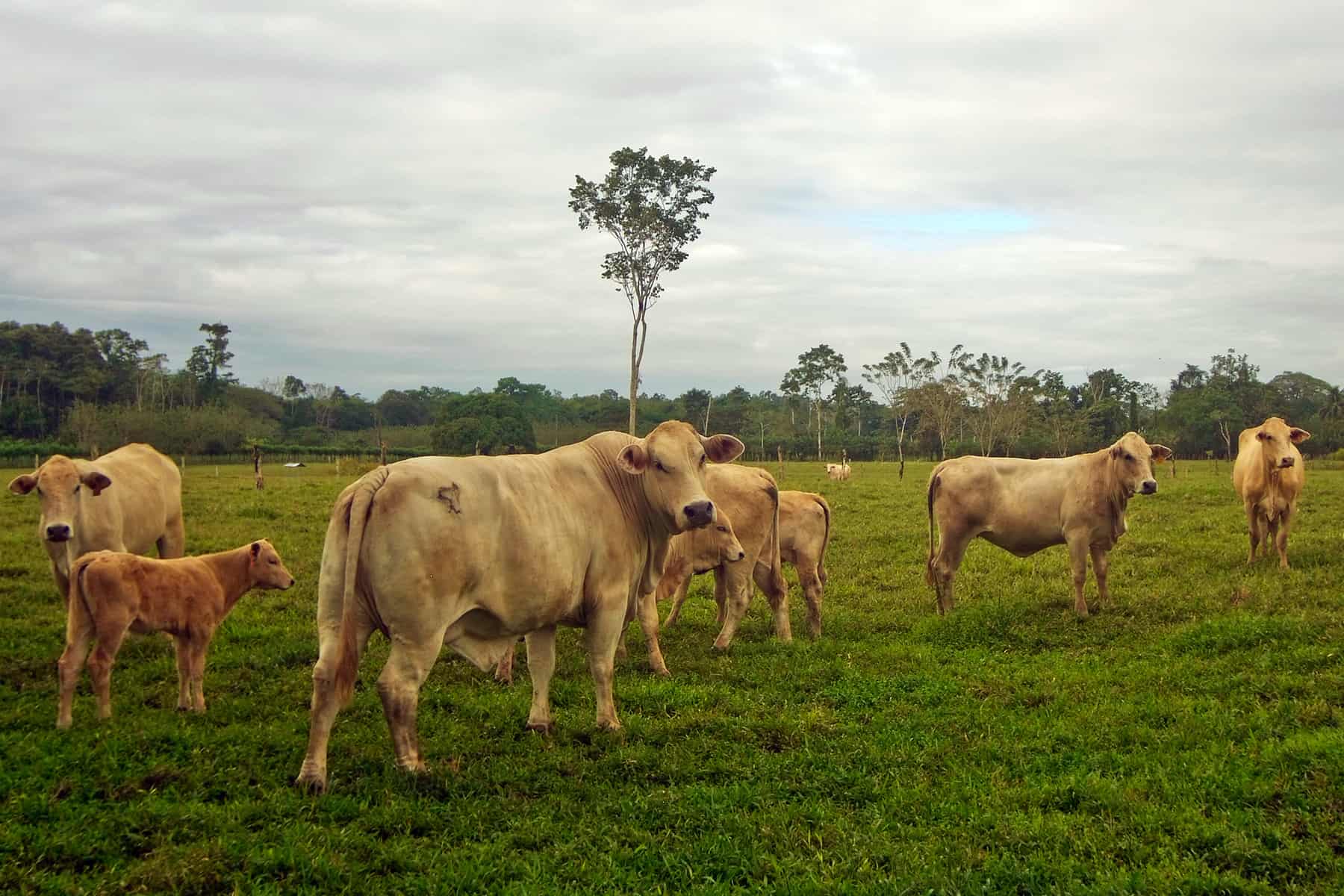In the sun-soaked pastures of Orotina, a town nestled in the Alajuela region of Costa Rica, Alberto José Salas Jiménez manages a thriving cattle operation that mirrors the evolving landscape of the country’s livestock industry. Surrounded by volcanic soil and nourished by the region’s tropical climate, his herd grazes on fertile land that supports a sector increasingly geared toward global markets. But as Costa Rican meat finds its way to dinner tables across continents, the journey from farm to fork involves a high-tech transformation that is putting the country on the global food safety map.
At the heart of this transformation is the modernization of Costa Rica’s food safety system, powered by nuclear science. The National Service for Animal Health (SENASA), an agency under the Ministry of Agriculture and Livestock, is responsible for ensuring that animal products meet national and international safety standards. For years, Costa Rican producers like Salas Jiménez had to send food samples abroad for laboratory testing to comply with export regulations. The process was not only time-consuming but also financially burdensome, often placing small-scale producers at a competitive disadvantage.
That changed in 2014 when the International Atomic Energy Agency (IAEA), in cooperation with the Food and Agriculture Organization (FAO), began supporting SENASA through its technical cooperation programme. This collaboration included training, capacity building, and the introduction of nuclear techniques for food safety testing.
The result was the significant upgrade of the National Laboratory for Veterinary Services (LANASEVE), which is now equipped to test food for a wide range of harmful substances. Through the use of isotopic analysis, the laboratory can detect minute traces of pesticides, veterinary drug residues, heavy metals, and other contaminants in meat products—ensuring they meet the stringent requirements of international markets.
According to Luis Matamoros, Director General of SENASA, the advancements have had wide-reaching impacts. “Producers no longer need to send samples abroad, saving both time and money,” he said. “This collaboration has strengthened SENASA’s operational capacity, ensuring food safety for consumers and improving the competitiveness of our producers by opening up new market opportunities without added costs for testing.”
The scale of progress has been remarkable. In 2014, LANASEVE could test for only 54 chemical compounds. As of 2024, that number has jumped to 410 compounds, with nearly 98% of testing now conducted domestically. This has drastically reduced reliance on external labs and allowed for faster, more reliable results. Yajaira Salazar Chacón, Head of Food Safety at LANASEVE, noted that this shift has also relieved producers of financial strain, as SENASA no longer charges for food safety testing.
Beyond benefiting domestic producers, LANASEVE’s enhanced capabilities have positioned Costa Rica as a regional leader in food safety testing. The lab now offers training and technical assistance to neighboring countries, playing a key role in elevating the region’s overall food safety infrastructure. “This advancement enables us to assist other regional laboratories with food safety analysis, bolstering overall quality and safety standards,” said Salazar Chacón.
The impact on trade has been substantial. Strengthened surveillance and testing have allowed Costa Rican meat products to maintain access to demanding markets and break into new ones. One major success story is China, which in just five years has become Costa Rica’s most important destination for animal product exports. This growing demand has provided economic stability for farmers like Salas Jiménez, who can now compete internationally with confidence.
“I am confident that our products from Costa Rica are not only safe for consumption but also meet high safety standards, both within and beyond our borders,” said Salas Jiménez. His optimism is shared by a growing number of Costa Rican farmers who see food safety not just as a regulatory hurdle but as a strategic advantage in an increasingly competitive global marketplace.
The partnership between Costa Rica, the IAEA, and the FAO demonstrates how science-driven innovation can create ripple effects far beyond laboratories. By harnessing the power of nuclear techniques, Costa Rica is safeguarding public health, empowering its agricultural sector, and leading the charge toward a safer, more sustainable global food system.
Source - https://www.devdiscourse.com













